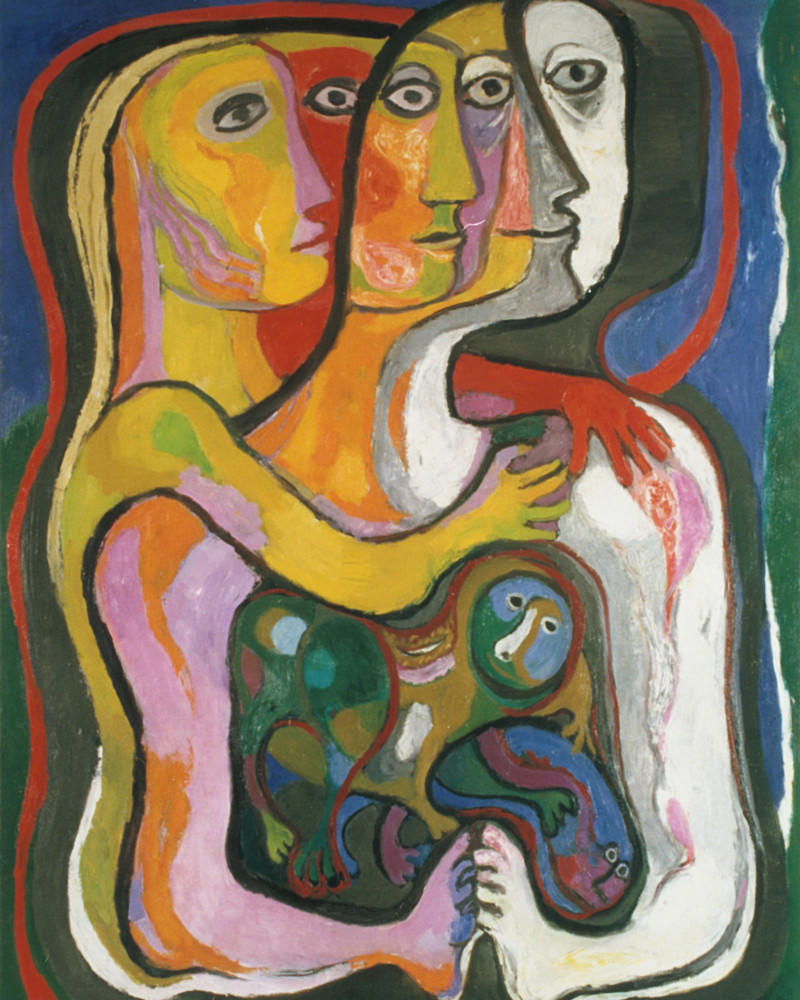Trauma results from exposure to painful events such as physical and emotional abuse or neglect; sexual abuse and assault; dysfunctional families of origin, including chaotic home environments, difficult or unmarked transitions, mental illness in the family, or drug and alcohol addicted family members; as well as exposure to community violence or war. “Complex trauma” refers to multiple and repetitive exposure to these kinds of events, typically from an early age.
Trauma is, unfortunately, pervasive in modern life across cultures and socioeconomic classes. However, what heavily determines one’s response to traumatic events is the level of support that is present during and after the event occurs. People who have been through traumatic experiences with insufficient support can exhibit varied symptoms, including a cluster of symptoms known as the diagnosis “PTSD” (post-traumatic stress disorder):
Feelings of depression, hopelessness, despair
Helplessness, powerlessness
Flashbacks
Chronic worry or persistent anxiety
Anger and irritability
Emotional dysregulation, volatility and overwhelm
Panic attacks
Memory difficulties
Feeling “shut down” or emotionless
Nightmares
Hyper-vigilance
Various physical symptoms such as chronic headaches, fatigue, irritable bowel syndrome, etc.
People who have experienced trauma may also exhibit particular emotional and behavioral patterns with or without classic PTSD symptoms, such as:
Self-sabotaging behaviors
Obsessive self-critique and unrealistic demands for perfection
Hyper-responsibility and/or caretaking
Low self esteem, self-doubt, feeling unworthy
Difficulty sensing oneself and emotions
Trouble creating and maintaining healthy boundaries
Pervasive feelings of shame and guilt
Sex, love, alcohol and drug addiction
Abusive or codependent relationships
Challenges with constructive methods of communication

